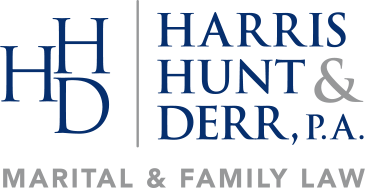Despite declining divorce rates in the U.S., going through a divorce remains far from uncommon. The American Psychological Association notes that around 40 to 50% of married couples ultimately go their separate ways.
Finances are often one of the top issues that lead to relationship problems in the first place. During a divorce, the process of dividing assets can feel overwhelming—especially when there is a significant amount of property or a business at stake. Couples facing divorce should know that a judge will distribute shared assets according to Florida’s equitable distribution rules if divorcing couples cannot negotiate an agreement on their own.
How do Florida courts divide marital property?
Like most other U.S. states, Florida follows a system of “equitable distribution” when dividing assets between couples. While the law assumes a 50/50 division as the default, the court may choose to distribute a larger proportion to one spouse based on certain circumstances. Factors that may affect a judge’s decision include:
- How long the marriage lasted
- What economic and non-economic contributions each spouse made to the marriage and family
- Whether either spouse contributed to the other’s career or educational goals, including deferring their own opportunities
- The standard of living shared during the marriage
Once a divorce goes to court, the law will determine what each party receives. In many cases, divorcing couples choose to avoid a potentially unwelcome outcome in court by negotiating through third-party mediators.
What does marital property include in Florida?
In most cases, Florida law considers marital property to be any asset that either spouse acquires between the date of marriage and the date of filing a divorce petition. In addition to actual property, bank accounts, and personal belongings, divisible assets may include stocks and bonds, retirement accounts, IRAs, and trusts. When a couple has considerable assets, the process of dividing marital property often requires the services of financial analysts, forensic accountants, and tax professionals.

